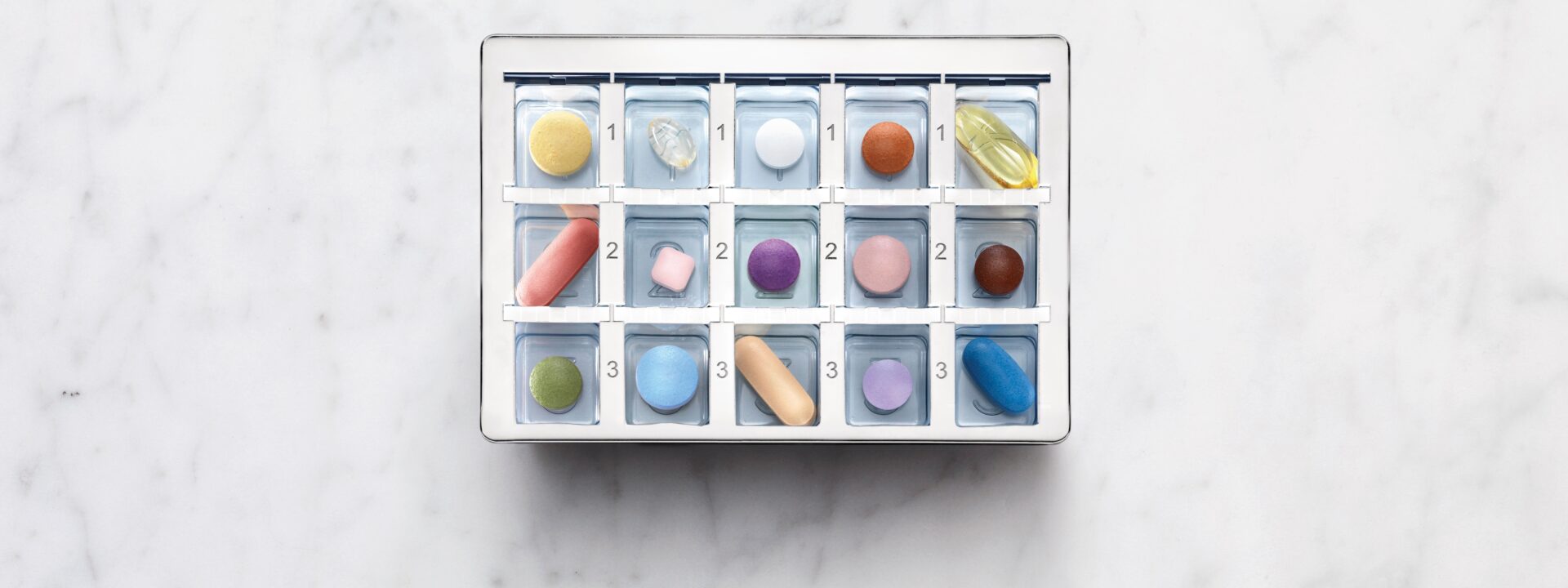If you’re under 55, pay attention—there’s been a sharp rise in colon cancer cases among younger and middle-aged adults. While researchers are still investigating the exact cause, one notable discovery involves vitamin D levels.
“We’re seeing that people diagnosed with colon cancer often have low vitamin D,” says Dr. Natasha Bhuyan, vice president of in-office care at One Medical. Though it’s unclear whether low vitamin D contributes to cancer or results from it (this research is still in very early stages, Bhuyan notes), studies like [this one](link) and [this one](link) suggest that “a vitamin D deficiency may increase colon cancer risk and worsen survival rates.” So next time you’re at the doctor, it might be worth getting your levels checked.
Only a blood test can confirm a deficiency, but with nearly a billion people worldwide lacking sufficient vitamin D, it’s a good idea to ask about testing during your next physical.
Vitamin D is crucial for both physical and mental health—it strengthens bones, supports immunity, and helps regulate mood. Bhuyan recommends several ways to maintain healthy levels: “Some people get vitamin D through diet or fortified foods, others take supplements or spend time in the sun, which helps the body produce it naturally. But be cautious with sun exposure, as it raises skin cancer risk.”
The rise in early-onset colon cancer is alarming—diagnoses in adults under 55 doubled from 11% (1 in 10) in 1995 to 20% (1 in 5) in 2019, according to the American Cancer Society. For Gen Z, Millennials, and Gen X, staying informed is key—and boosting your vitamin D intake might help, too.
